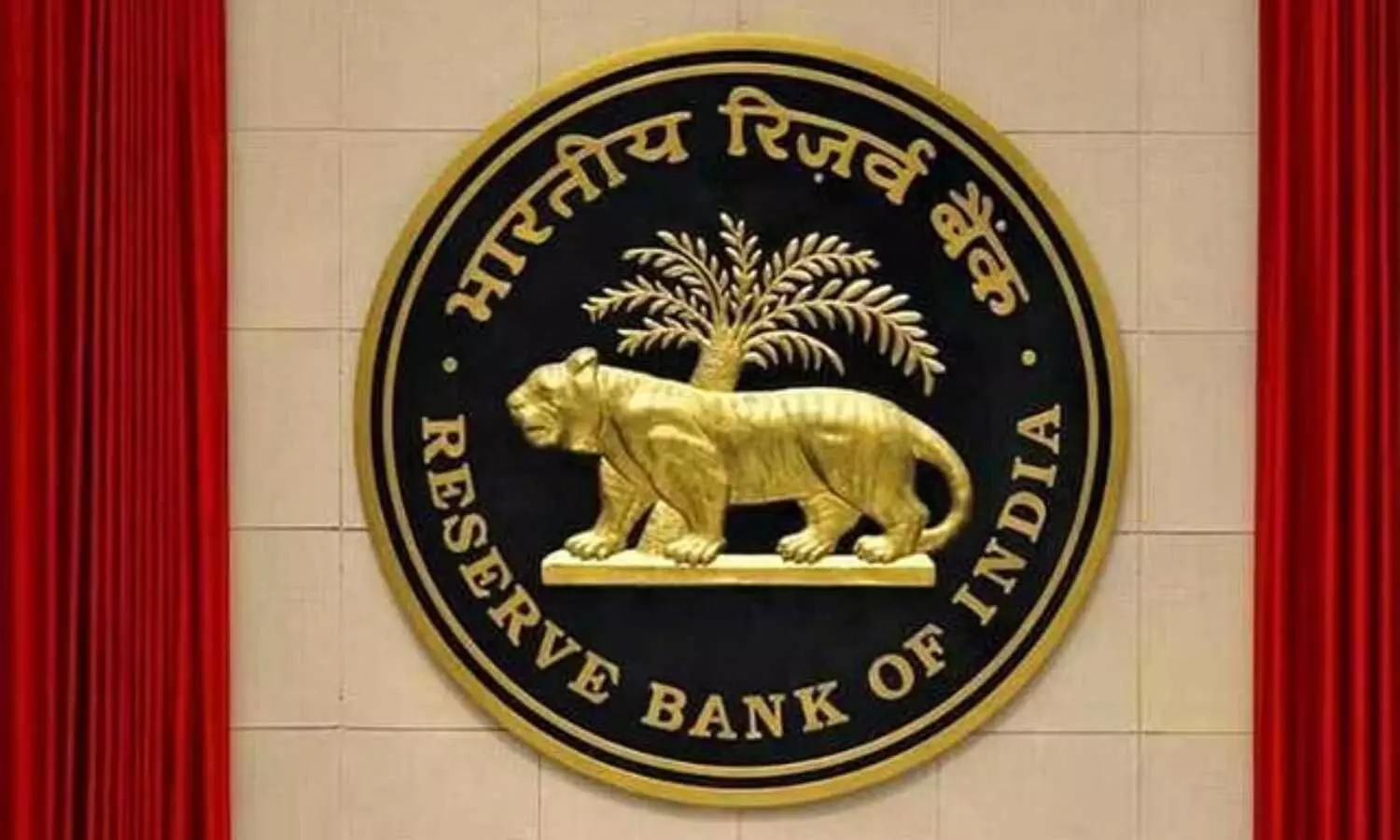RBI's Expected Rate Cut: A Boost for India's Economy and Stock Market
The Indian economy faces challenges with a rising dollar and falling rupee. To curb inflation and encourage spending, the government has reduced income tax
image for illustrative purpose

The Indian economy is facing challenges due to the rise in the dollar’s value and the fall of the rupee. To address inflation and increase consumer spending, the government has cut income tax for people earning up to Rs. 12 lakh. However, the Reserve Bank of India (RBI) is expected to take action to control inflation and stabilize the economy.
During the RBI's monetary policy meeting on February 7, there was a discussion about whether the RBI would cut interest rates. Since the COVID-19 pandemic, the RBI has kept interest rates steady, with the last rate cut happening in May 2020. While inflation has been under control and the economy has been growing, the rise in the dollar and the falling rupee have led many experts to believe that the RBI might lower rates by 25 basis points to support the economy.
Sanjay Malhotra, the new RBI Governor, is reportedly in favor of cutting rates to manage inflation and encourage spending. Finance Minister Nirmala Sitharaman has also mentioned that steps will be taken to support India’s economic growth.
What does this mean for the markets?
The Indian stock market is facing difficulties because foreign investors are pulling out their money, mainly due to a stronger dollar and rising US bond yields. While the budget has helped somewhat, there is still uncertainty. Analysts believe that a 25 basis point rate cut by the RBI could help boost the market.
If the RBI cuts rates, sectors like banking, finance, and consumer goods are expected to benefit. Lower interest rates would make borrowing cheaper, which would encourage banks to give more loans and boost the economy. Increased consumer spending could also lead to a more positive outlook for the market.

